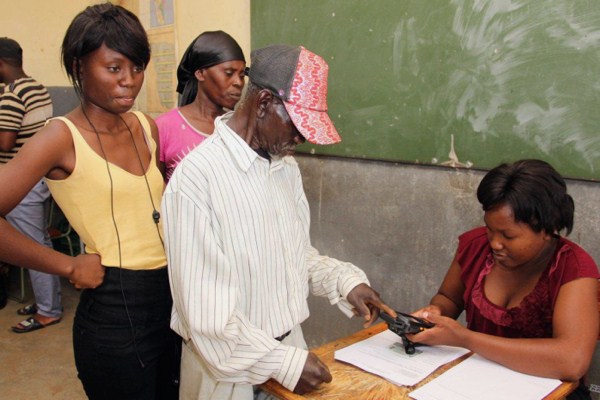Namibia’s ruling South West Africa People’s Organisation (SWAPO) party won last month’s presidential election with over 86 percent of the vote. In an email interview, Elke Zuern, professor of politics at Sarah Lawrence College, discussed Namibia’s domestic politics.
WPR: What explains the continued popularity of the ruling SWAPO Party of Namibia?
Elke Zuern: SWAPO has dominated elections since independence. It first won two-thirds of the vote in the country’s second free elections in 1994, and has maintained this majority with the power to unilaterally change the constitution ever since. In its strongest showing yet, the governing party’s candidate, Hage Geingob, won almost 87 percent of the vote on the presidential ballot and the party won 80 percent of votes for the National Assembly. While Namibia is a constitutional multiparty democracy, SWAPO’s dominance translates into de facto one-party rule. This dominance is a product of three closely related factors: SWAPO’s role as the party of liberation, the benefits of incumbency and the weakness of opposition parties.

